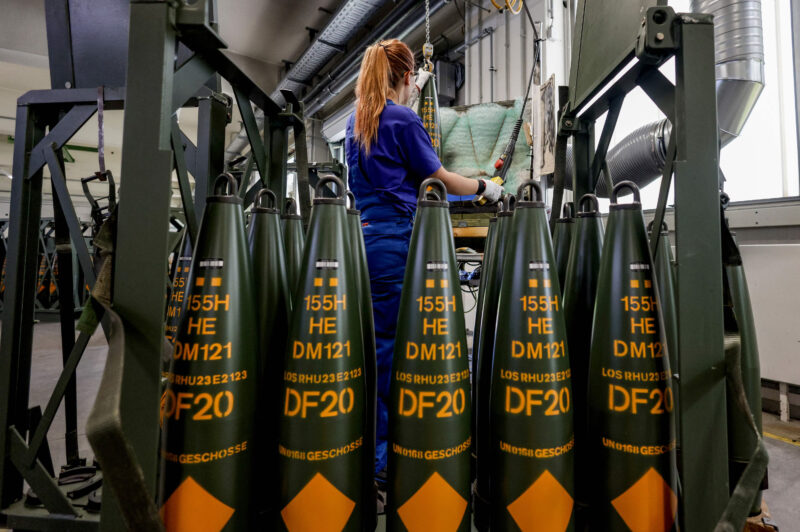Construction of a large-caliber ammunition manufacturing plant is scheduled to begin in the Latvian town of Iecava in the second half of this year.
The project is being implemented by the state-owned enterprise SIA “Valsts aizsardzības korporācija” (State Defense Corporation, or VAK), which plans to complete the construction by autumn of next year, when the assembly of artillery propellant charges is also expected to start.
The total planned investment amounts to €27 million. The products will primarily be supplied to the domestic market for the National Armed Forces (NBS), but exports are also anticipated. VAK was established at the end of 2023 following Russia’s invasion of Ukraine, which exposed the insufficiency of existing production capacities.
“The idea of creating such a company, as well as a production facility, had been developing for some time. Seeing that the right moment had come, the company was founded in November 2023. It was essentially built from scratch,” said company board member Ingrīda Kirse.
The company has been operating for about a year and a half and currently has ten employees, though not all work full-time. This year, five more will join. Meanwhile, the new production facility plans to hire 20 employees next year.
Immediately after its establishment, VAK began working on creating a plant to produce modular artillery propellant charges, known as the Rollo project. This is a joint consortium with defense sector companies from France, Italy, Finland, Norway, and Latvia.
According to Kirse, no one in Latvia currently manufactures large-caliber ammunition, and overall capacity in Europe is insufficient given the new geopolitical situation.
Construction of the plant in Iecava is expected to begin in the second half of this year. The factory will be built on land owned by the Ministry of Defense. This decision was made to speed up the project by avoiding the need to search for land, Kirse explained.
“The plant should start operations in the third quarter of next year. (…) There should be no obstacles because this is a European project,” she added.




